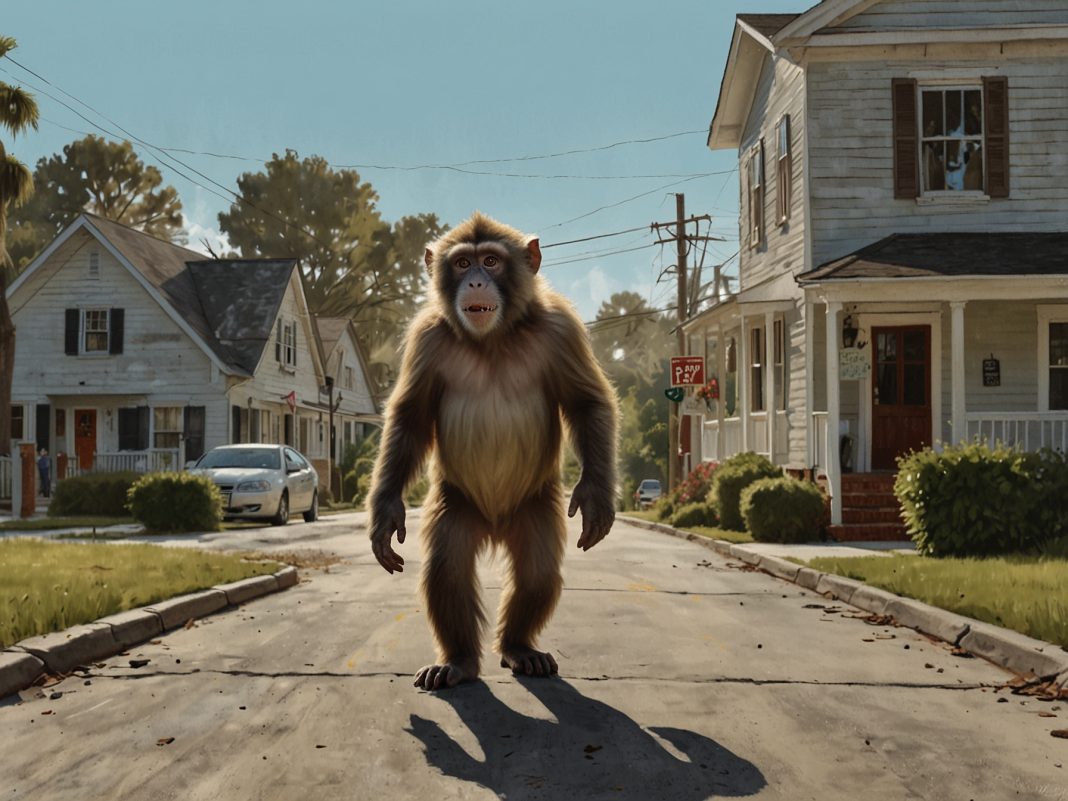Imagine walking down your street when, out of nowhere, a monkey darts past you. This was the surreal scene in Yemassee, South Carolina, when a group of monkeys escaped from Alpha Genesis, a research facility. What was initially a source of amusement turned into a community concern.
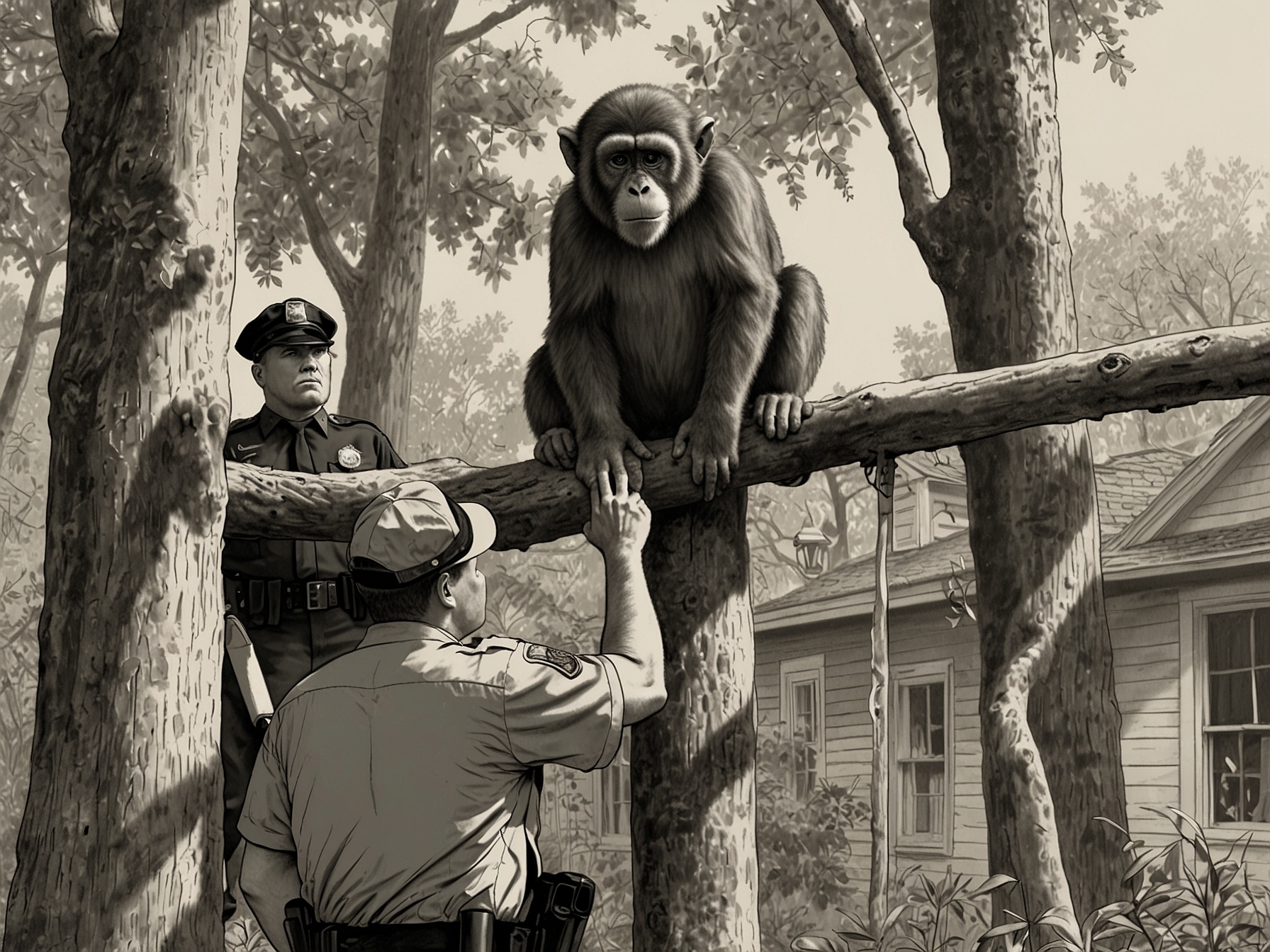
The escape happened on a typical day, yet it felt anything but ordinary. Witnesses reported laughter that quickly turned into disbelief as the monkeys made their rounds. The quirky escapees didn’t just wander through backyards; they checked out cars, climbed trees, and even peeked into people’s windows.
But why did the monkeys escape? Alpha Genesis has stated that a gate was left open. This incident raises questions about security protocols at research facilities.
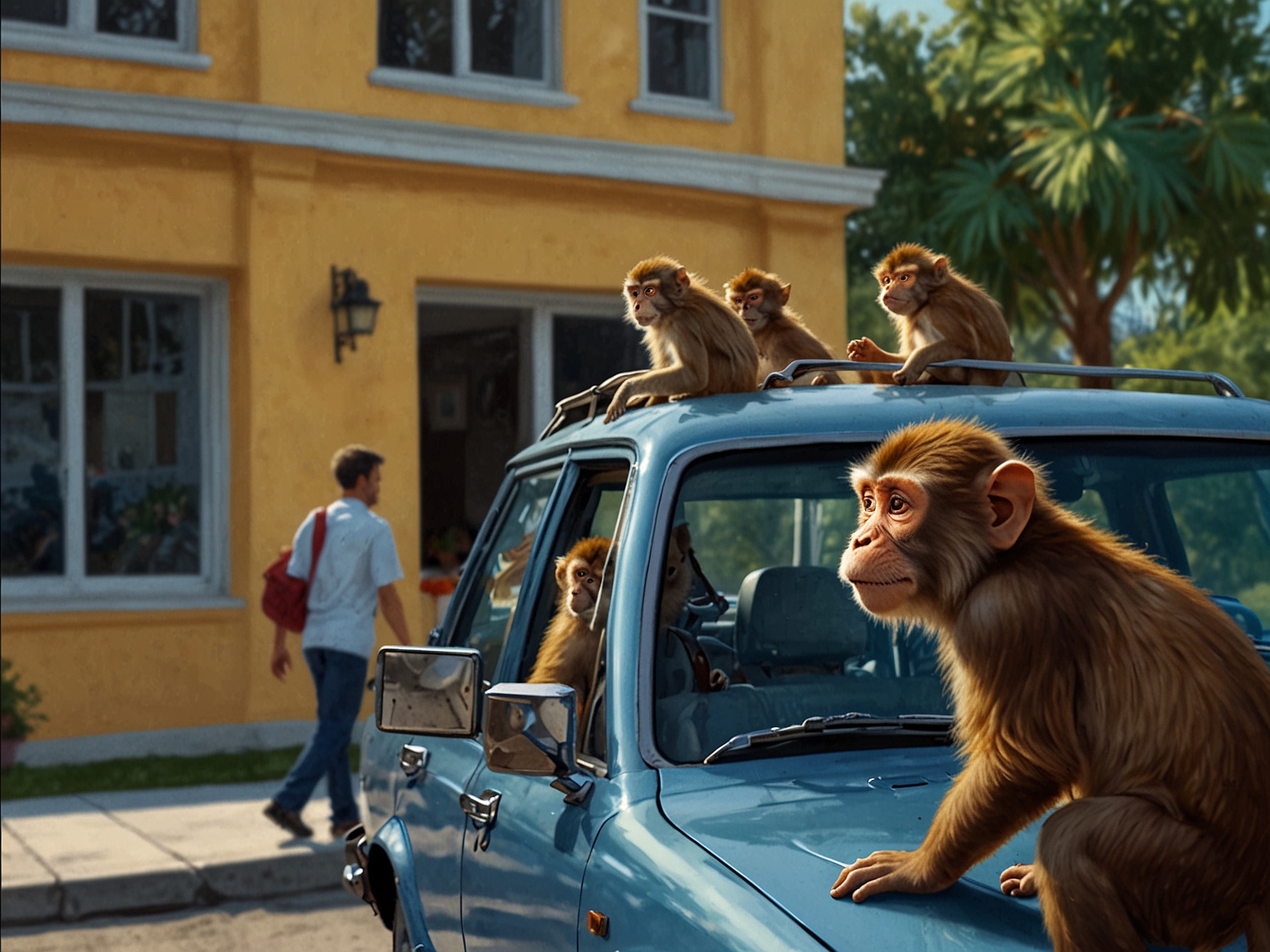
Many people worry about the safety of such animals and the risk they pose when they roam freely. Residents felt varied emotions during the commotion. Some found humor in the spectacle, posting videos on social media.
Others were genuinely alarmed, fearing for the animals’ safety and the potential disruption they could cause. It brought the community together, but at what cost? Authorities quickly mobilized.
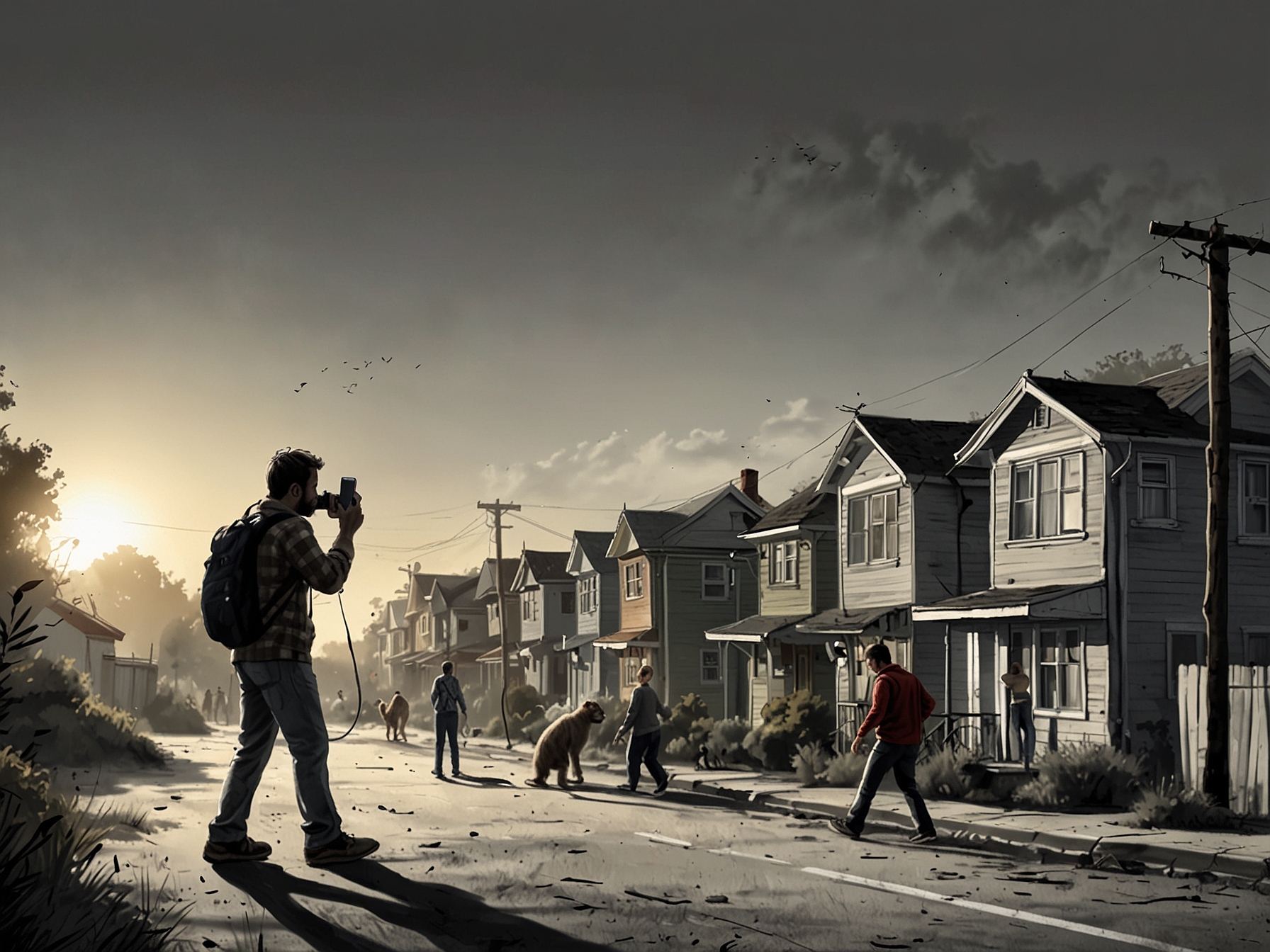
Local law enforcement, animal control, and even staff from the research facility rushed to the scene. Their aim was to secure the monkeys safely and return them to the lab. The situation encapsulated a mix of urgency and excitement.
This incident shines a light on broader issues regarding wildlife captivity and management. Facilities like Alpha Genesis play crucial roles in research. Yet, when escapes happen, it’s not just animal welfare that’s on the line.
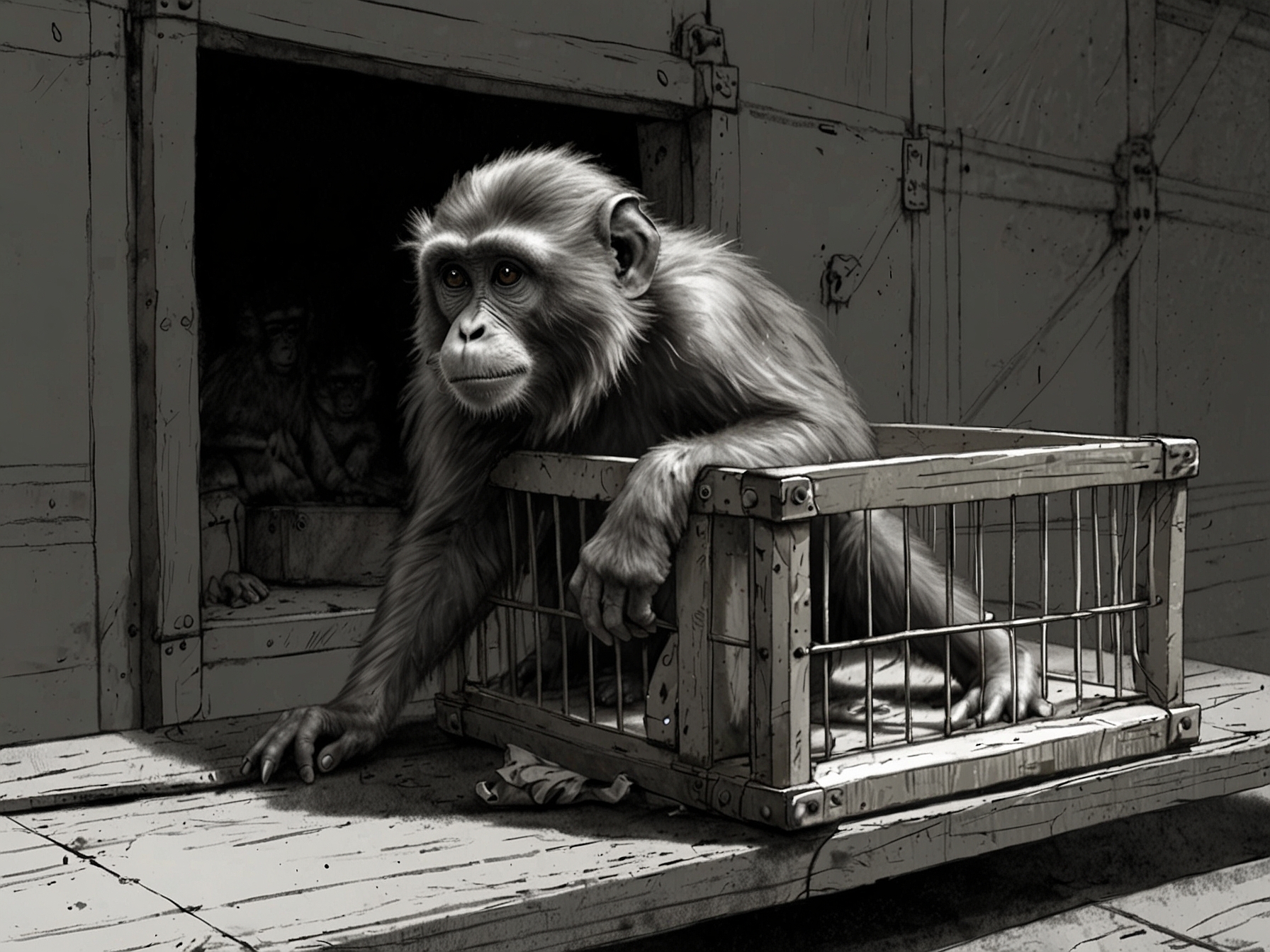
Public safety concerns arise. What happens next? The community will likely push for stricter regulations.
How do we balance scientific progress and animal welfare? This escape might prompt necessary conversations about best practices in research facilities. For now, the escapade is a memory for locals.
The monkeys are safely captured, but the questions linger. Will there be significant changes to ensure something like this never happens again? That’s a conversation we need to have.

